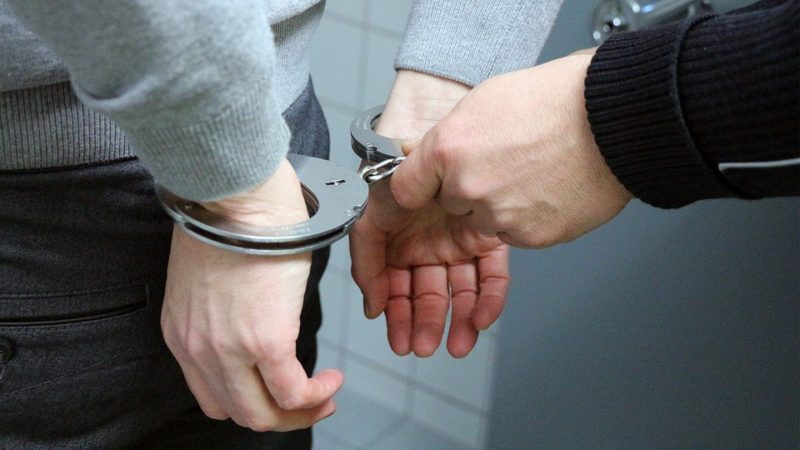
Right to vote is a right which is given to all the citizens of the country. In India, this right is given to every person above the age of 18. But prisoners are left out of this right, why?
Recently three law students from Uttar Pradesh filed a petition challenging the constitutional validity of section 62(5) of The Representation of the People Act, 1951, which says prisoners, i.e., neither convicts nor undertrials, should be allowed to vote, “if he is confined in a prison, whether under a sentence of imprisonment or transportation or otherwise, or is in the lawful custody of the police.” It argued that a blanket ban on prisoners’ right to vote “is a violation of the spirit and soul of the constitution as well as the basic principle of equality.

Delhi High Court sought the stand of the election commission on this topic. Over 400,000 people of India are housed in the jails across India, and there is no right to vote to this massive population.
Why No Right to Vote for Prisoners?
Law is the set of rules and regulations, bind according to the norms of the society and the people who don’t abide by these norms are convicted as criminals. Criminals are sought as a danger to society and hence are kept away from society. They are confined with barely any enjoyment of life in order to reintegrate them into civilized people of the society. They are given the right to education and are provided with types of entertainment like radio and CD players.
In India 33 out of every 100,000 people are criminals according to the Institute for Criminal Policy Research data which is way lesser than other countries. For example, there are 666 people out of every 100,000 people criminals in the USA. Compared to the six big countries in the South Asian Association for Regional Cooperation (SAARC), too, we have the least number of people in prison per 100,000 population.

But the right to vote is a civil right and denying a civil right is justifiable or not is the question? Denying the prisoners the right to vote is to undermine them of their civil right. It is true that the right to vote is not exactly on the top of the list of people who are not in the prison, and the same way, it won’t be for the people who are in prison.
The Indian justice system lacks where Article 21 of the Constitution of India clearly states for Speedy trials, the two third of the population of the criminal is under trial. Under which over 40% of the population is detained for six months and 25% for over a year only. People who have committed petty crimes are also denied the right to vote apart from the criminals who have committed heinous crimes like murder and sexual assault.
Why Prisoners should be given the Right to Vote
First of all, there is no difference between the people who have committed petty crimes and those who have committed heinous crimes. All of them altogether are denied the right to vote under section 62(5) of The Representation of the People Act, 1951. Hence people with even the most minor transgression are denied with this franchise.
Criminals of all categories i.e Convicts, Under trials and those who are in custody, are altogether considered as prisoners and are denied the right to vote.
Prisoners are denied to choose and elect the People who govern the criminal justice system and regulate the laws of the prison. While these changes in the laws governing the prison and the criminal justice system directly affect the prisoners.
It is also important to argue that when a person convicted is not denied of their citizenship, why should they be denied of their right to vote?. And lastly, if a criminal can contest in the election, why should they be not allowed to vote?
In the November 2018 election of USA, Florida favoured the right to vote to the incarcerated except serious felonies like sexual assault and murders. Countries like Europe, Switzerland, Finland, Norway, Denmark, Ireland, the Baltic States, and Spain also support the right to vote to prisoners.
Hence there needs to be a change in the Indian Criminal Justice system where at least felonies below conviction of five years should be allowed to vote, upholding the essence of democracy in the Indian constitution.